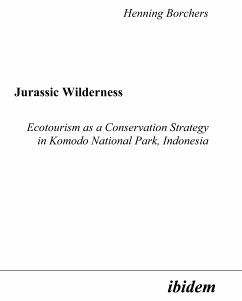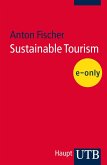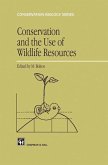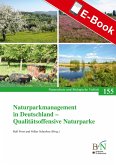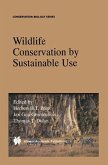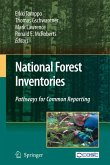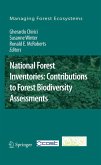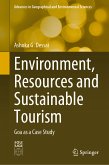This study proceeds on Campbell's (2002) argument that in today's biodiversity conservation discourse, the traditional exclusionary conservation narrative co-exists with a counter-narrative on sustainable use through ecotourism. Based on the perception of a global biodiversity crisis the conservation landscape has seen the resurgence of the traditional conservation discourse, which reinforces the argument against social objectives of conservation and for an exclusionary conservation approach drawing on the notion of wilderness. Local resource use practices are restricted or prohibited, while ecotourism is considered the most sustainable option. However, as a proposed alternative livelihood strategy for local residents, ecotourism often fails to deliver on claims that it significantly benefits local development, while it may be more conducive to furthering ecological imperatives.Based on an analysis of the management of Komodo National Park, Indonesia, and the development of communities within the Park, this study argues that ecotourism may only be a politically attractive slogan that provides conservation agencies with the political and economic justification for an exclusionary protected area management approach. Instead of taking into account economic, social and cultural concerns of local residents, a conservation regime that adopts ecotourism as a conservation strategy may ultimately leave local people struggling to meet their present needs.
Dieser Download kann aus rechtlichen Gründen nur mit Rechnungsadresse in A, B, BG, CY, CZ, D, DK, EW, E, FIN, F, GR, HR, H, IRL, I, LT, L, LR, M, NL, PL, P, R, S, SLO, SK ausgeliefert werden.

